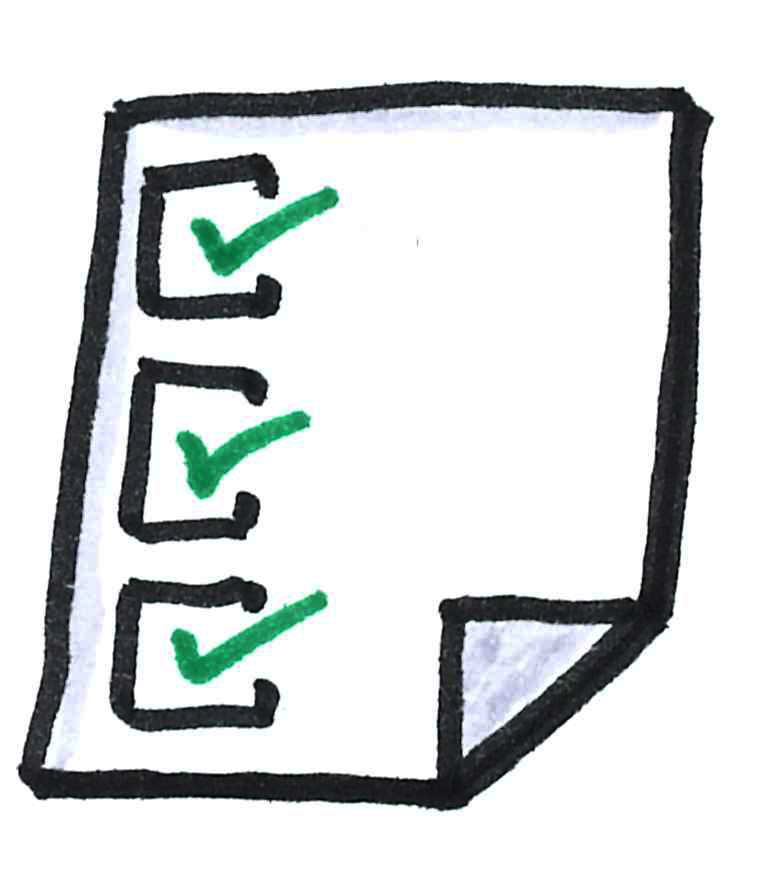One Factor Influencing Opioid Prescription Habits?
For payers, identifying doctors who write more opioid prescriptions can be key for any successful opioid management program. Using the one factor influencing opioid prescription habits, payers can target education improving the overall provider network performance. Physicians trained at the United States’ lowest-ranked medical schools write more opioid prescriptions than physicians trained at the highest-ranked schools, according to a study by Princeton University.







